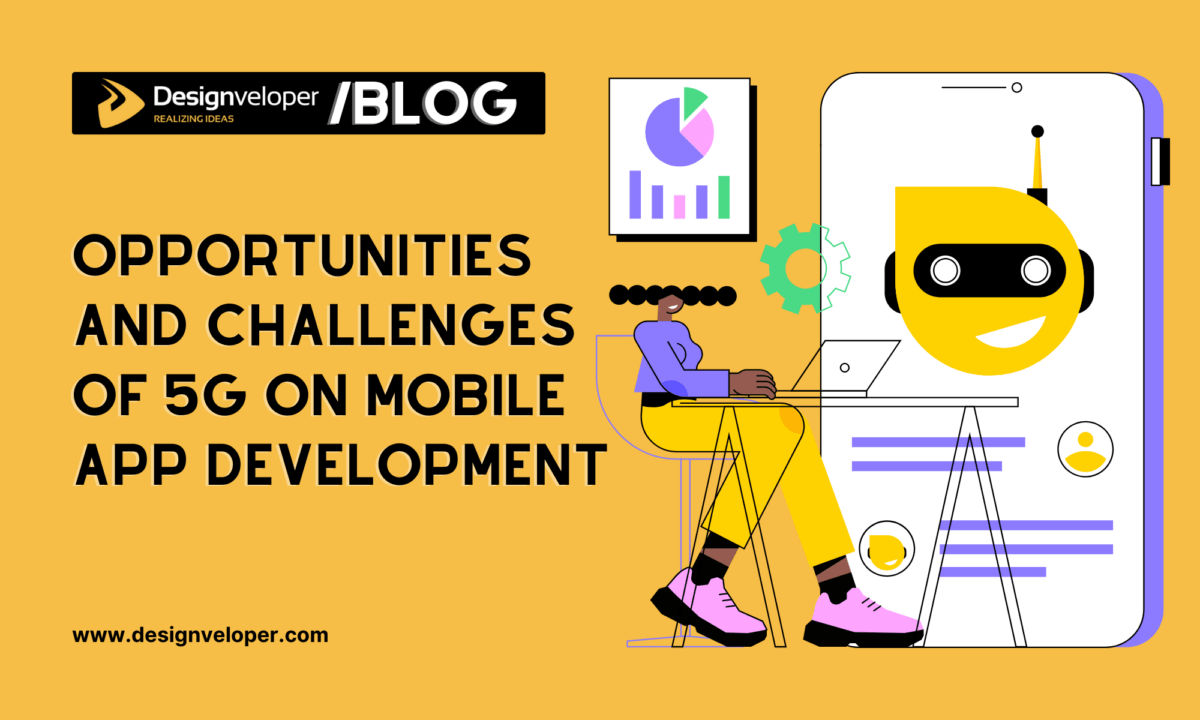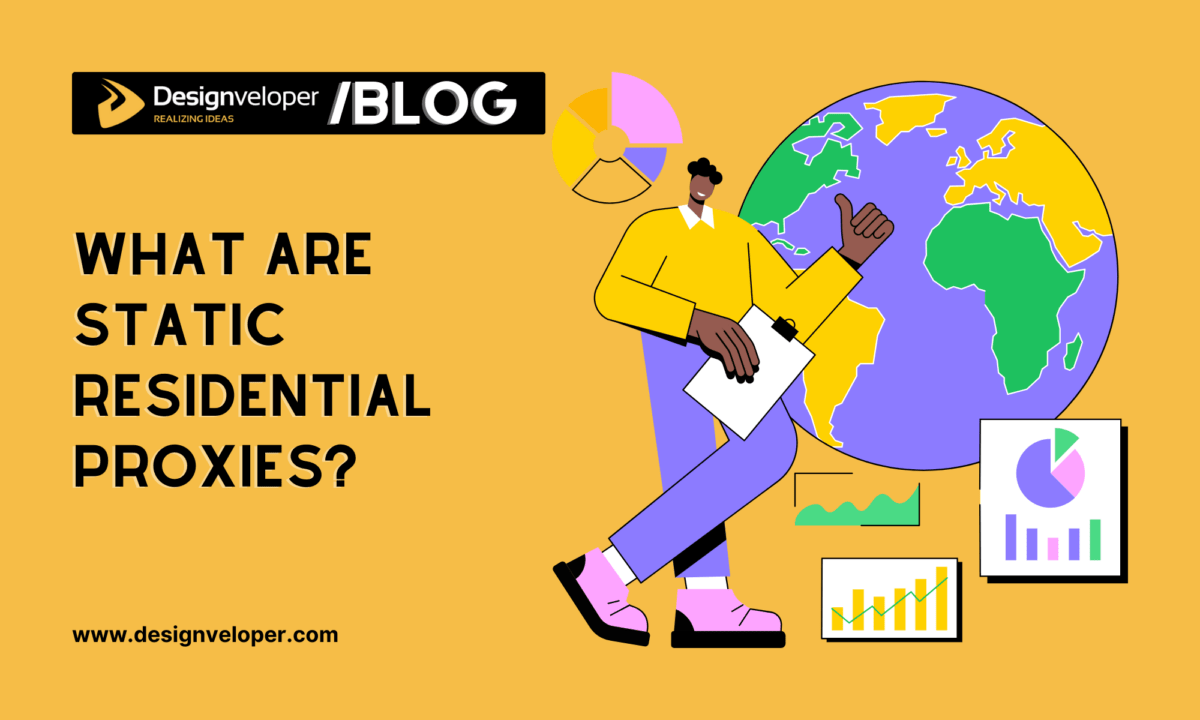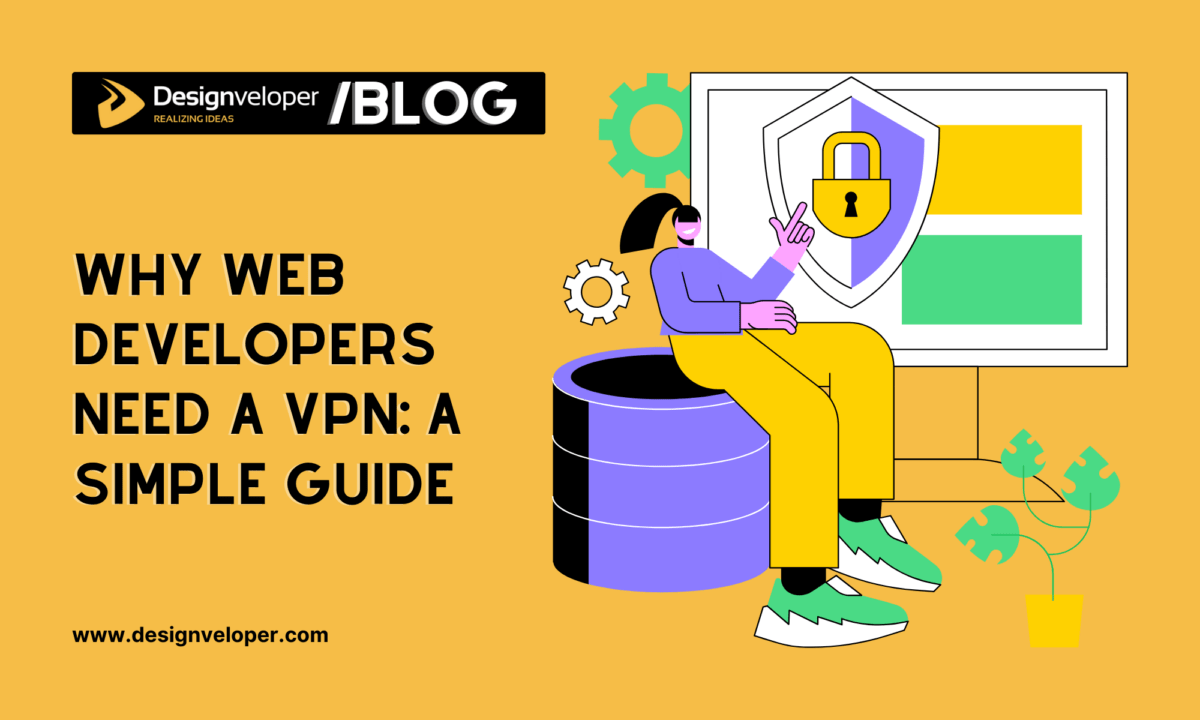Don’t Know What Your IP Address Is? Here’s Why You Should
October 26, 2024
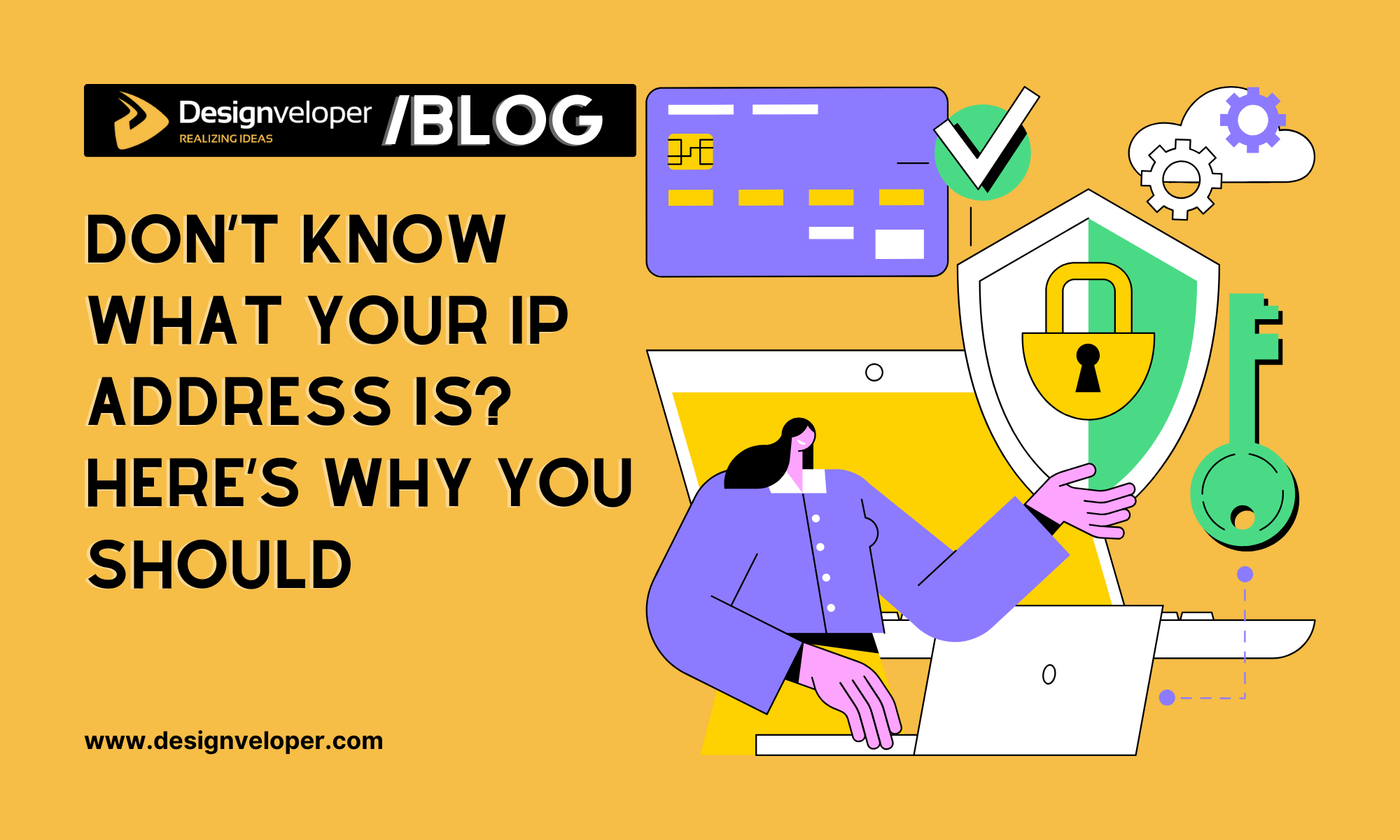

Most people use the internet—but most people don’t know what an IP address even is, or even think to ask, “What is your IP address?” This is an unfortunate fact, given that cyber threats are growing more and more prevalent. In 2023 alone, there were 349 million victims of data breaches. Knowing how to manage your is cybersecurity 101. It’s something that everyone should be doing, like setting a strong password for your accounts.
It allows you to not only stay safe and private on the internet but also empowers you to make more informed decisions and get the most out of your online experience.
What’s an IP Address?
An IP address stands for Internet Protocol address. It’s a series of numbers separated by periods that identifies any device connected to the internet.
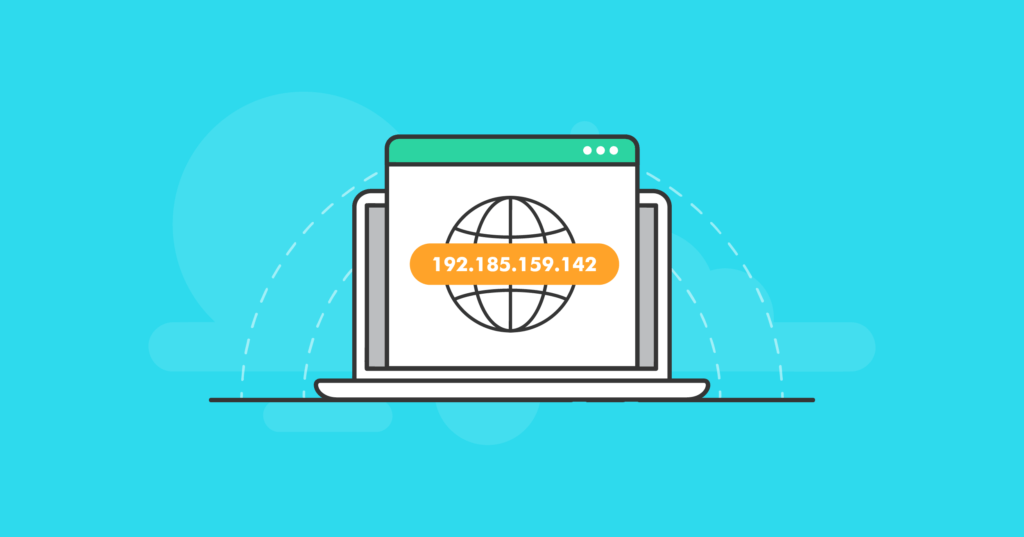
You can think of it as a digital ID or postal address of sorts for your device.
Just as an ID/account number helps identify you or how your postal helps packages get delivered to you, your IP address is what allows online data to be sent and received by your device.
It is therefore used for everything you do on the internet: send an email, watch videos, play online games, etc.
There are two main versions of it in use today:
- IPv4: The older format — it consists of four sets of numbers between 0 and 255
- e.g., 192.168.1.1
- IPv6: The newer format — uses eight groups of hexadecimal digits to accommodate more devices
- e.g., 2001:0db8:85a3:0000:0000:8a2e:0370:7334
What is my IP address?
Your IP address is automatically provided to you by your internet service provider (ISP). There are many ways to check yours. You can find it as below:
Search Engine: Go to a search engine (like Google) and type “What is my IP address.” Your public IP will be displayed at the top of the search results.
IP Address Websites: Visit websites like whatismyip.com, iplocation.net, or similar sites. They will show your public IP address immediately.
Command Prompt (Windows):
- Open Command Prompt (you can search for “cmd” in the Start menu).
- Type
ipconfigand press Enter. Look for “IPv4 Address” under your active network connection.
Terminal (Mac/Linux):
- Open Terminal.
- Type
ifconfig(orip afor some Linux distributions) and press Enter. Look for the section corresponding to your active connection.
Network Settings: You can also check your network settings in your device’s settings menu, where your IP address is often displayed.
Why does my IP address matter?
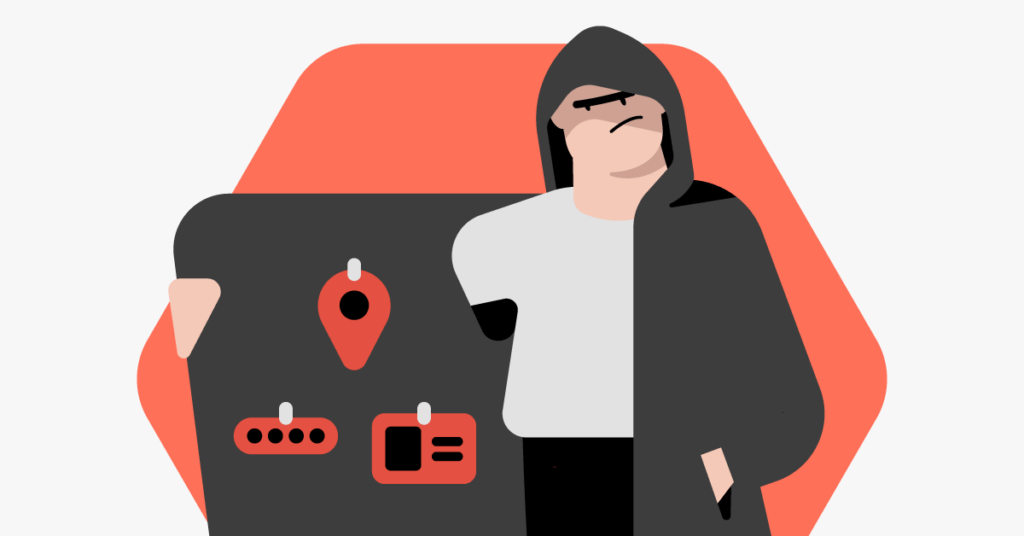
1. Online Security and Privacy
With your IP address, the following can be known about you:
- Your approximate geographic location (usually your city);
- Your Internet Service Provider (ISP);
- The type of connection you’re using.
Now, at a glance, such information doesn’t seem too sensitive. After all, whenever you visit a website or connect to a server (which most, if not all, online activities require), your IP address is revealed.
However, with virtually everything being interconnected on the internet, your IP address can reveal even more info—especially by hackers or websites that use nefarious cookies and analytic tools.
Without getting too techy, think of it this way: your IP address is like your physical home address. Most people won’t care or be able to do much with that information.
But a malicious person with infiltration expertise can use that information to go to your house and see if any doors or windows are unlocked.
And, from there, they can monitor your home activity or even possibly break into your house—or, in a digital sense, do all sorts of things with your data.
So now you might be asking: How do I know if my IP address has been hacked?
Well, you’ll likely experience cyberattacks including but not limited to:
- Getting unintentionally redirected to other websites;
- Being targeted with DDoS attacks;
- Have more pop-ups than usual;
- Be infected with malware;
- Get your accounts taken over;
- Having other devices connected to your Wi-Fi network.
Because your IP address can be used to reveal sensitive details about your identity or track your online activity, it’s valuable to parties like marketers and cybercriminals.
Recommended reading: Class C IP Addresses: How They Impact Network Performance
2. Access to Online Services
Many online services use your IP address to optimize your web experience.
For example:
- Search engines will use it to present the most relevant results based on your geographical location;
- Online games will automatically connect you to the geographically nearest sever for the most stable experience;
- Online banking systems will use it to authenticate users, flag suspicious activities, and prevent fraud.
However, it’s also used in many negative ways, like restricting access to content based on your geographical location. For example, streaming services like Netflix only allow access to some shows in certain countries.
3. Network Troubleshooting
Your IP address is also essential when diagnosing network issues. For example, if your internet connection is slow or unstable, or if you’re having trouble accessing certain websites but not others.
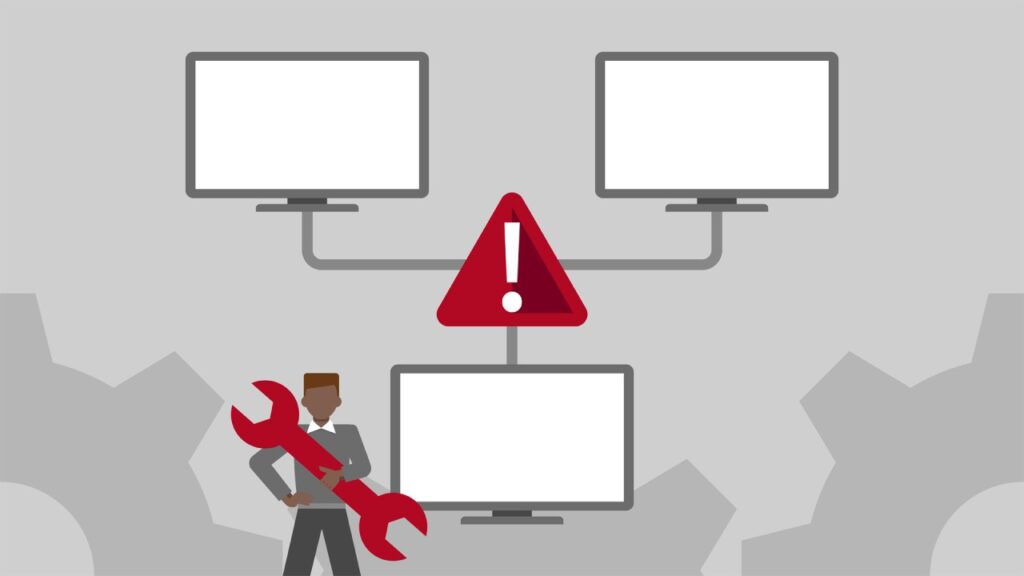
More specifically, your IP address is needed to:
- Resolve connection problems;
- Set up home networks;
- Configure network devices;
- Identify network conflicts.
How Can I Protect My IP Address?
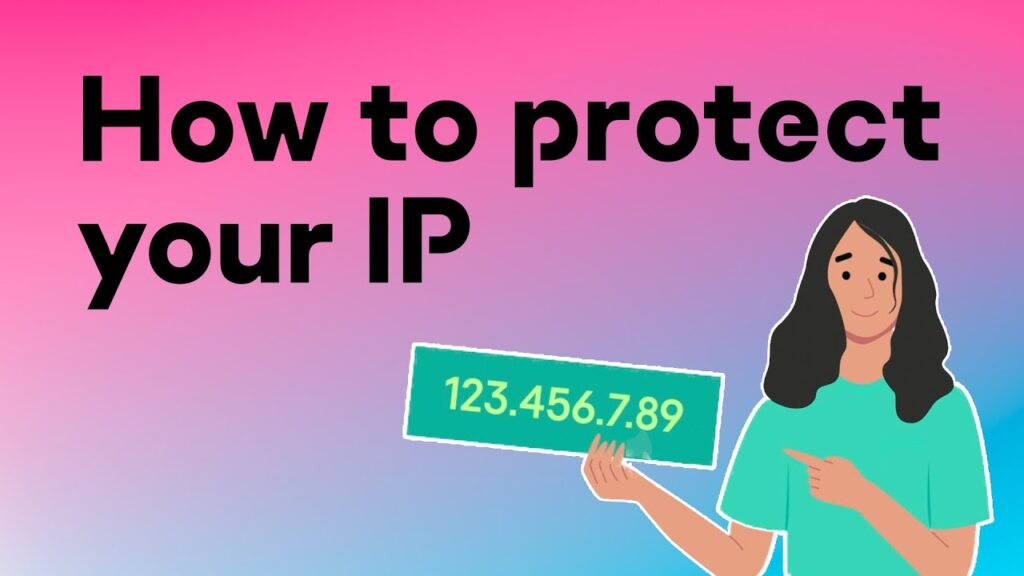
For most casual users, they only need to do two things:
1. Enable your firewall
A firewall is typically provided by an operating system. It allows you to monitor network traffic and therefore also block unauthorized access. It’s the first step to avoiding malicious online activity.
2. Use a VPN
A VPN, or virtual private network, masks your real IP address. So whenever you do visit a website or connect to a server, that website or server sees a different IP address.
With this, you encrypt your internet traffic and even get access to geo-restricted content!
Conclusion
Your IP address is more than just a string of numbers—it’s quite literally your digital ID!
And you’d probably want to know about your ID, no?
With how central the internet is in both our personal and professional lives today, knowing how to manage your IP address is quickly becoming a requirement.
The good news is that managing your IP address is now easier than ever, with services like VPNs being highly accessible.
Learn how to manage your IP address to take control of your digital privacy and maximize your online experience!






Read more topics















































